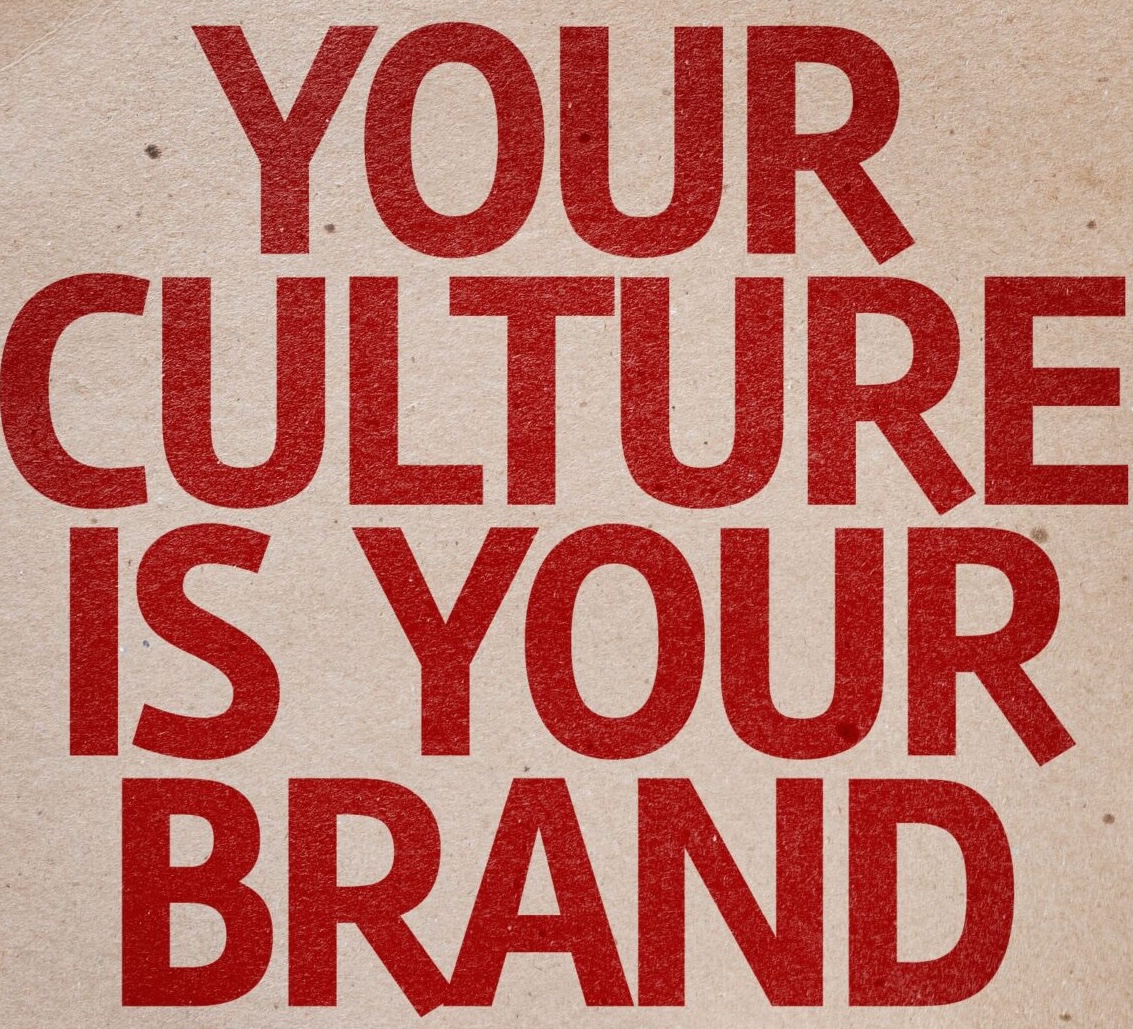Reframe Your Approach to Nurturing Your Company Culture

Prioritizing company culture can feel daunting because it takes time, trust, practice, and determination. But business leaders could encounter a number of other problems if they don’t make it a priority.
DEIB programs continue to face turbulence. In addition to a contentious U.S. presidential election on the horizon, company leaders must recognize how culture can provide a stabilizing, essential environment for their workers, especially if they want to retain talent and stay competitive in a tight labour market. There are now five generations in the workplace, and the need for knowledge-sharing and mentoring is higher than ever.
A recent study found that more than a quarter of employees around the world are ready to leave their jobs. While competitive pay is important, other strong factors that impact departure decisions include job security, being treated fairly with respect, enjoyable work, and feeling valued, appreciated, and supported, according to the report by Boston Consulting Group (BCG). Access to opportunities, regardless of background, is another key factor.
“It is therefore more critical than ever for employers to prioritize and invest in understanding what really matters to their employees,” BCG found.
Dangers of Staying Stuck
Let’s face it, trying to shift organizational culture is a tall order, and some may wonder if necessary changes will endure. The temptation to hold onto familiar, old ways of doing things can be strong.
However, to remain relevant, competitive, and innovative, leaders must intentionally create a clear vision of company culture. Key success factors are:
- Outreach and listening to what employees want
- A proactive communications plan to share the benefits and importance
- Consistent reinforcement to nurture changes and celebrate wins
Growth, Development are Trending
From reframing continuous learning, expanding benefits, and offering professional development, companies are striving to reframe their culture.
This is important because as U.S. jobs continue to grow, competition for skills and talent remains strong, especially in health care, data science, and green jobs, according to the U.S. Bureau of Labor Statistics. In their quest to fill roles, more companies across a range of industries are turning to non-college degree professionals. By not requiring college degrees, hiring managers are prizing skills and experience over diplomas.
Job Mobility is Key
The 2023 American Opportunity Index rates companies by how well they help employees, especially those without college degrees, move into better, higher-paying jobs. The Index looked at data for 396 companies, focusing on jobs where many workers don’t have college degrees. It was created by the Burning Glass Institute with the Managing the Future of Work Project at Harvard Business School and the Schultz Family Foundation, the philanthropy started by longtime Starbucks leader Howard Schultz.
Fortune 500 companies that invest in their employees, providing parity, skills training, and mobility, among other things, are getting higher marks, according to the report.
With many employees working hybrid schedules, managers must find ways to engage with them and support their development. Stretch assignments can offer a solid way for workers to learn new skills and try on their next role.
At Coca-Cola, Chief People Officer Lisa Chang said the company encourages employees, from truck drivers to engineers, to advance their careers through short-term assignments and projects, often in different departments or geographies. She said it uses regular employee surveys to adapt its programs.
Minimize the Knowledge Gap Across the Organization.
One of the biggest challenges right now is that companies across industries are grappling with how to meet the needs of five distinct generations in the workplace.
In 2020, about 28.6 million Baby Boomers retired, leaving a knowledge gap that many companies struggle to recover from, according to a report by Pew Research Center.
PBS reported that 57% fifty-seven percent of Boomers have shared half or less of the knowledge needed to perform their job responsibilities with their younger successors, while 21% have shared none of their knowledge. Boomers are willing to mentor and the younger professionals want to be mentored. Mentoring would appear to be a sure practice to start at your organization. However, if the structures are not in place, there can be breakdowns in creating a culture of knowledge sharing. As a result, not engaging in knowledge-sharing cripples the effectiveness of the next generation of talent.
Fostering an Inclusive Culture is Alive and Important.
When people feel they belong to the organization, that helps to foster a culture of inclusion. Employees want to feel heard, respected, welcomed, and valued.
Offering continuous learning–for all generations–is a win-win for companies. By building workers’ new skills, they build value for the worker, with potential to move up and earn more, and value for the company itself.
Smart businesses recognize the ways they can influence their culture, especially by mentoring and helping to train their next leaders who can coach. Building a tradition of bench strength, identifying the next leaders, brings stability and competitive advantage, lowering turnover and its costs.
You can’t afford to be lackluster around your company culture. Having a culture of inclusion demonstrates to your employees that you care and helps them want to stay and grow with you–to your mutual benefit.
When considering and selecting talent, ask about behaviours potential employees will demonstrate that will support and enhance your culture. Finding early adopters to support the new culture mission can increase trust, connection, and collaboration that is needed for others to lean in with each other and present opportunities for them to shift into activation to face the unknown.
As an emotional intelligence coaching firm, we can help your company deepen your employee value, skills, and retention. With company culture at a premium, we share time-tested ways to motivate people to become more active and engaged. Building support for your new culture mission to increase the trust, connection, and collaboration is what we do. Imagine the innovation and creative problem-solving your enhanced team will accomplish. Let’s talk.




